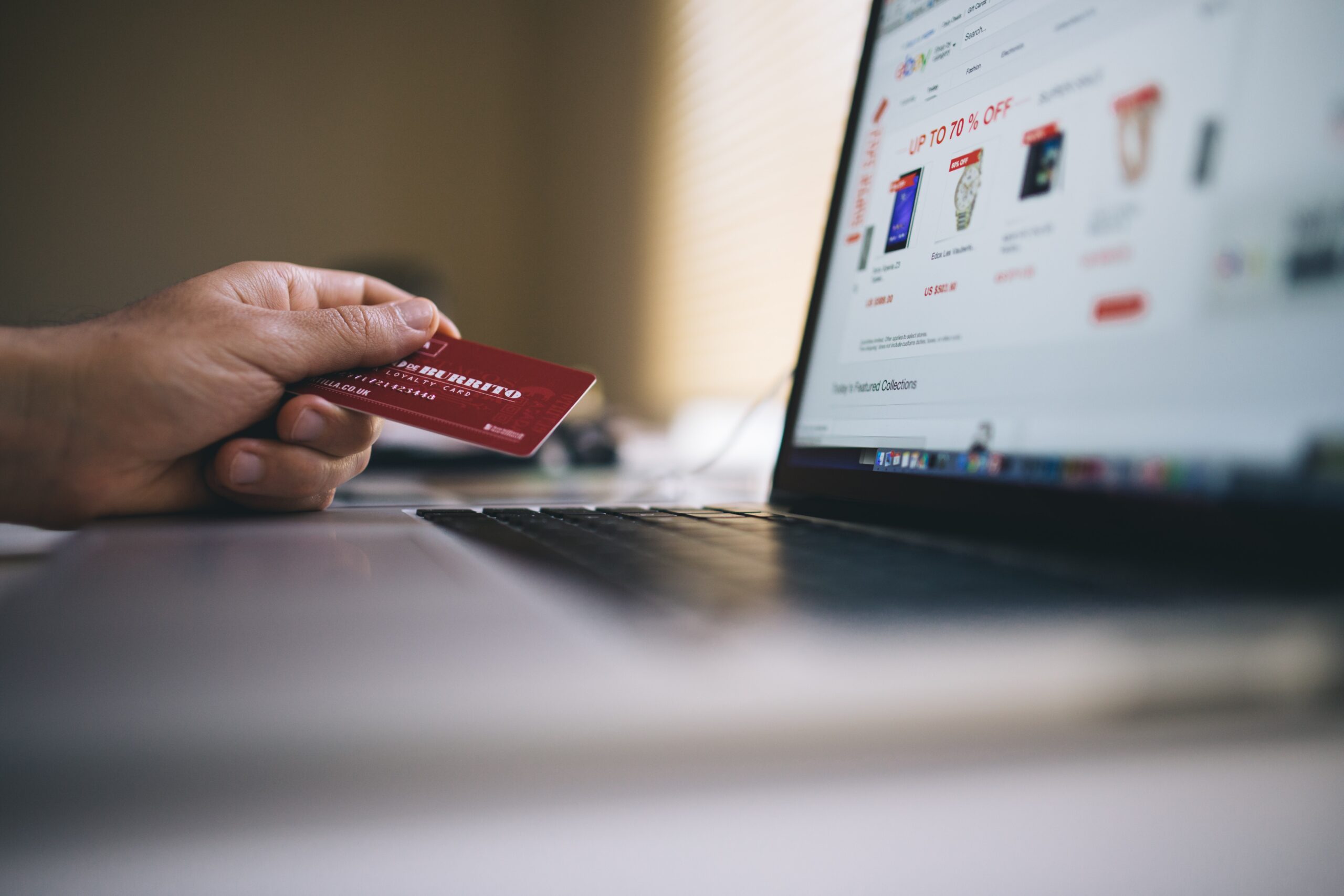How Does PayPal Work With Escrow?

An escrow is a financial arrangement that involves a third party holding and regulating the payment of funds required for a given transaction between two parties. Many people are adopting the escrow system for their transactions because of the security it offers. And a question that regularly comes our way is if PayPal can be used as payment on escrow. I’ll be answering this question and more in this article.
PayPal can be used with escrow as you can send funds from your PayPal balance to your escrow account. This way, you’ll be able to combine the security of PayPal with the convenience of escrow.
In an escrow system, payments are only released after the escrow company confirms that the terms of an agreement have been met by the parties involved. And that’s why escrow companies are commonly used in transactions involving a lot of money or where a number of obligations must be fulfilled before payment can be used. A buyer will be able to confirm the quality of work or service rendered in an escrow system before payment is released.
How does PayPal work with Escrow.com?
Paypal is part of the payment options of many escrow providers especially escrow.com. By choosing the PayPal option available on the payment/transaction screen, you’ll be able to combine the convenience of PayPal with the protection of escrow. Escrow.com has a policy that either the seller or buyer must have already completed a transaction before PayPal can be used as a payment option. Also, the transaction amount must be less than $5000.
If you also use BestBuy, read my article – Does BestBuy accept PayPal: Find out here – to know if you can use PayPal on BestBuy.
Who is more secured Escrow or PayPal?
This is a question that is being commonly asked online. And the winner is Escrow as it’s a lot more secure than PayPal when it comes to making a financial arrangement between two parties. PayPal is more partial to buyers and it’s common to see the platform reversing payments made to sellers after the completion of a transaction. Chargebacks generally do not occur when using an escrow system because payments will only be released after the agreements of the transaction have been met.
Sometimes, buyers that receive faulty or fraudulent merchandise or are in a situation where their item never arrives may find it very difficult or even impossible to get their money back. Escrow will first make sure that the merchandise meets your standards before releasing the payment to the seller. Otherwise, the funds will be returned to the buyer. As you can see, both the sellers and buyers are protected against fraud in an escrow system. Every step of the transaction process is verified with proven tracking and verification procedures. There are many escrow services that have been audited and approved by the government. They are also subjected to regulation by the government so you can be sure they know what they are doing.
Below explains how escrow protects both buyers and sellers throughout the transaction:
Escrow shields both Buyers and Sellers with every step
All payments by the Buyer are verified as “good funds” before the Seller is instructed to ship
All shipments are tracked to ensure the Seller shipped and the Buyer received the merchandise
If the merchandise is fraudulent, it gives the Buyer the chance to return the merchandise before payment is released to the Seller
If any disputes or queries arise throughout the process, an agent provided by Escrow.com will work to resolve these to ensure that a resolution is met by both parties. Escrow.com provides a level of safety and security that is not available throughout an auto transaction that is based solely on trust with small fees and exceptional service.
Can Paypal be used as an escrow system?
I would refer to PayPal as “an escrow of sorts”. PayPal actually verifies and ensures that you’ve paid for an item before said item is shipped out. However, there is a major flaw in the escrow of sorts that PayPal operates. And that’s the fact that PayPal will issue refunds based on the complaint of the buyer without investigating the complaint to see if it’s true or not. I don’t think it’s going to be much trouble for PayPal to investigate buyers’ complaints before issuing refunds. As a result, PayPal offers very little protection to sellers and that’s why I and several others refer to it as an escrow of sort.
Online escrow services are not as partial to buyers as PayPal. They hold the payment and the goods are shipped from the seller to the buyer. And they have measures in place to reduce the possibility of fraud and dishonesty by either party to the minimum.
PayPal would have been a good escrow service f the platform investigates buyers’ claims before issuing refunds. It’d also be nice if legal actions are taken against fraudsters as this would reduce the possibility of fraud to the barest minimum. It’s not common to see big companies using PayPal as an escrow service to accept the occasional fraud by dishonest buyers as part of the cost of business. But common folks just selling a few valuables on say eBay use PayPal with fear.
Having a system that protects both the interests of the buyers and the sellers are the solutions to potential issues that might occur during a transaction. Many online escrow services are doing a good job at this but it’d be safer if escrow companies can undertake delivery of items especially for very valuable ones. The items would only be shipped after the escrow company has confirmed that the item to be shipped is actually the item advertised. And payment will be released at the end of the transaction.
